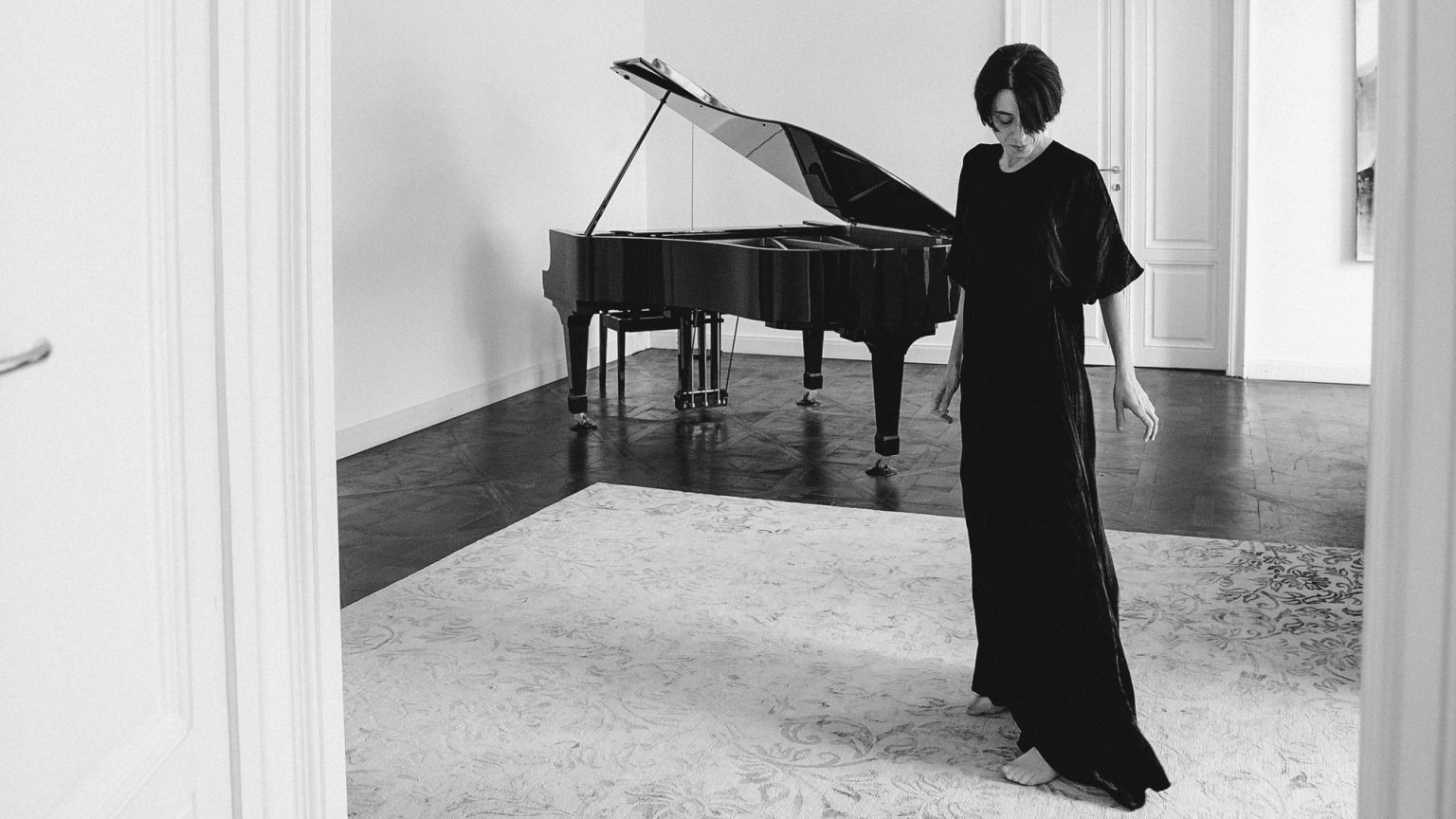The exceptional Italian pianist Pina Napolitano, whose Odradek album Tempo e Tempi was selected as The Sunday Times 2020 ‘Best Contemporary Classical Album’, returns to Schoenberg, in whose music she specialises. With Michael Zlabinger conducting the musicians of the Wiener Concert-Verein, this release features Schoenberg’s Piano Concerto, Op. 42 in a new arrangement for 15 solo instruments by Hugh Collins Rice; the same forces used in Schoenberg’s Chamber Symphony No. 1, and similar to those of his ‘Song of the Wood Dove’ from Gurrelieder, performed here by mezzo-soprano Ida Aldrian. Baritone Christoph Filler sings Schoenberg’s Four Orchestral Songs, Op. 22 in an arrangement for voice and piano quintet. These smaller-scale scores are in the tradition of Schoenberg’s own arrangements for chamber forces, made for his intimate and restrained society concerts in Vienna. The Wiener Concert-Verein is a chamber ensemble that began life as a symphony orchestra, members of which played Schoenberg’s music at the time.
The four works on this disc are fine examples from each of Schoenberg’s main creative periods – tonal, atonal, serial. They also represent the principal genres of Germanic 19th-century music – Lied, concerto, music drama and symphony. But most of all, they are a wonderful illustration, and distillation, of Schoenberg’s ideas about the unique character and values of chamber music.
Pina Napolitano began studying Schoenberg’s Concerto, his most extensive work for the piano, some years ago, after recording his solo works for Odradek. She was attracted by its sheer beauty – its narrative immediacy, richness and variety of contrasting colours – as well as its dense texture in which the piano is soloist, but the other instruments are no less important. Bachian texture, late-Romantic spirit; classical in form but dodecaphonic in language. Waltzing gestures take us back to Vienna but the original orchestration was more suggestive of Schoenberg’s move to Hollywood. In order to strive for a truly unified performance of this encapsulation of the composer’s different styles, Napolitano suggested that Schoenberg expert Hugh Collins Rice make a reduction, and he accepted: the result takes Schoenberg out of Hollywood and puts him back in Vienna.
